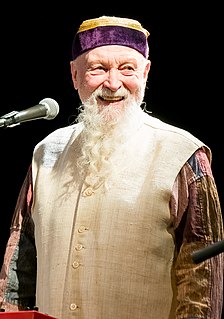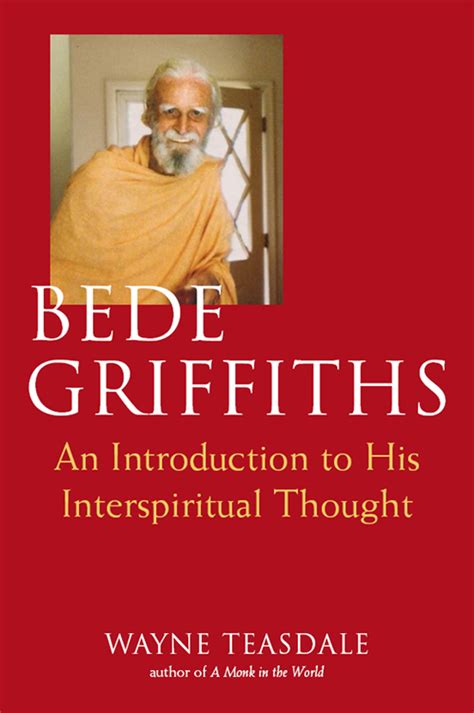A Quote by Joseph Brodsky
The mechanics of love imply some sort of bridge between the sensual and the spiritual, sometimes to the point of deification; the notion of an afterlife is implicit not only in our couplings, but also in our separations.
Related Quotes
There is a yearning that is as spiritual as it is sensual. Even when it degenerates into addiction, there is something salvageable from the original impulse that can only be described as sacred. Something in the person (dare we call it a soul?) wants to be free, and it seeks its freedom any way it can. ... There is a drive for transcendence that is implicit in even the most sensual of desires.
We lost not only through death, but also by leaving and being left, by changing and letting go and moving on. And our losses include not only our separations and departures from those we love, but our conscious and unconscious losses of romantic dreams, impossible expectations, illusions of freedom and power, illusions of safety -- and the loss of our own younger self, the self that thought it would always be unwrinkled and invulnerable and immortal.
It is not our affluence, or our plumbing, or our clogged freeways that grip the imagination of others. Rather, it is the values upon which our system is built. These values imply our adherence not only to liberty and individual freedom, but also to international peace, law and order, and constructive social purpose. When we depart from these values, we do so at our peril.
Often poetry, especially the sort of poetry I write, is concerned with looking at the borders between the sensual and the spiritual and seeing them as divided, equivocal, that mystery somehow can break in to the ordinary. And we read poetry I think in part, to gain a sense of that intimacy with things that we can't understand that are unable to be understood but that buoy up our lives.
The progress of science has always been the result of a close interplay between our concepts of the universe and our observations on nature. The former can only evolve out of the latter and yet the latter is also conditioned greatly by the former. Thus in our exploration of nature, the interplay between our concepts and our observations may sometimes lead to totally unexpected aspects among already familiar phenomena.
In pursuing personal growth, there are issues where we can advance just so far by ourselves. At some point, our continued progress and improvement can only come about through relationships with others. Romantic love is an intense and intimate exposure to another person; if we can be who we want to be, even in that context, then our spiritual growth is exponentially expanded.
The sense that in this universe we are treated as strangers, the longing to be acknowledged, to meet with some response, to bridge some chasm that yawns between us and reality, is part of our inconsolable secret. And surely, from this point of view, the promise of glory, in the sense described, becomes highly relevant to our deep desire. For glory meant good report with God, acceptance by God, response, acknowledgment, and welcome into the heart of things. The door on which we have been knocking all our lives will open at last.
...the idea of a spiritual part of our nature that survives death, the notion of an afterlife, ought to be easy for religions and nations to sell. This is not an issue of which we might anticipate widespread skepticism. People will want to believe it, even if the evidence is meager to nil... compelling testimony ... provides that our personality, character, memory ... resides in the matter of the brain, it is easy not to focus on it, to find ways to evade the weight of the evidence.
Schwartz's research suggests something important: we can stretch our personalities, but only up to a point. Our inborn temperaments influence us, regardless of the lives we lead. A sizeable part of who we are is ordained by our genes, by our brains, by our nervous systems. And yet the elasticity that Schwartz found in some of the high-reactive teens also suggests the converse: we have free will and can use it to shape our personalities.
Our compassion is the fruit of our spiritual lives; it actually arises spontaneously when formed by intention in our spiritual practice. Love and compassion are always the goods of the spiritual journey, and they are guided by divine wisdom, which then shapes compassion in the concrete situations of our existence.
I am interested in struggle - between our hearts and our head, between principle and desire - and one of those struggles is with mortality; and no one at all is immune to it, which makes it even more interesting to me. Some people fall in love, some don't. Some sky dive, some don't. Everyone who lives, ages.







































